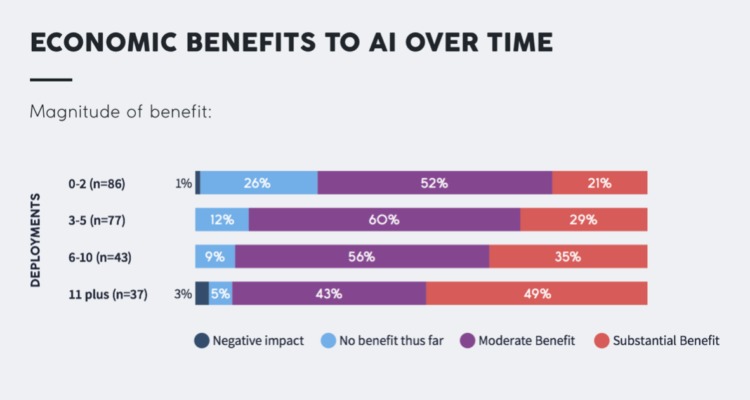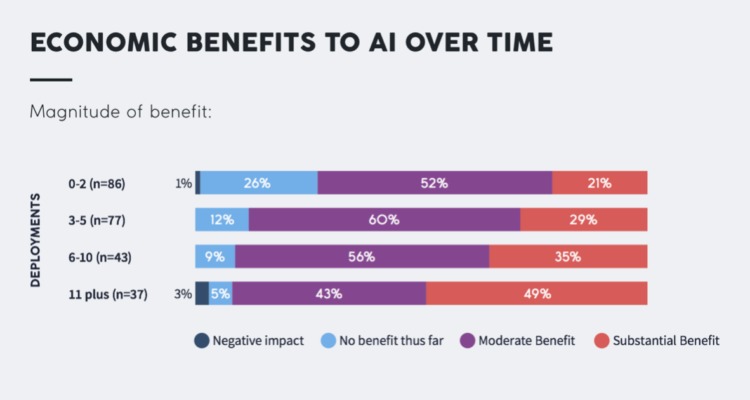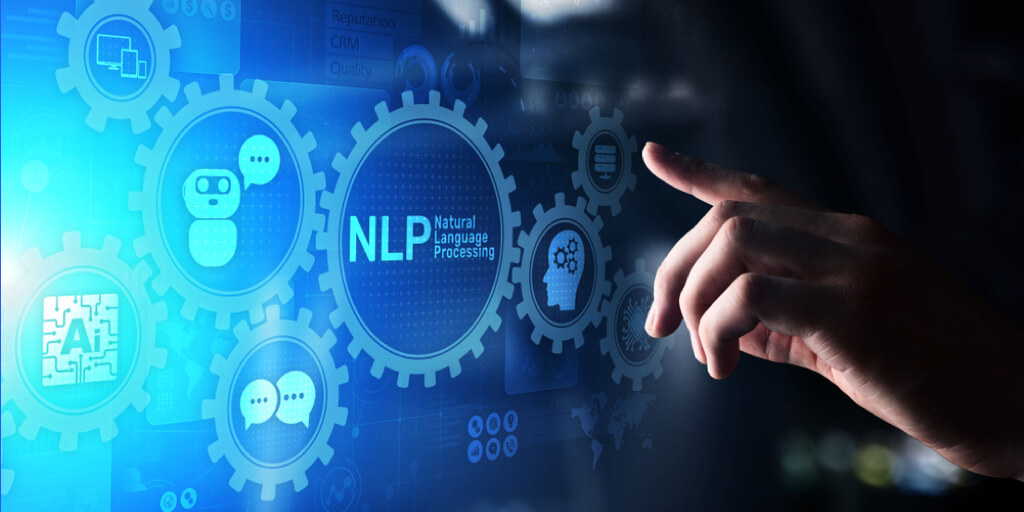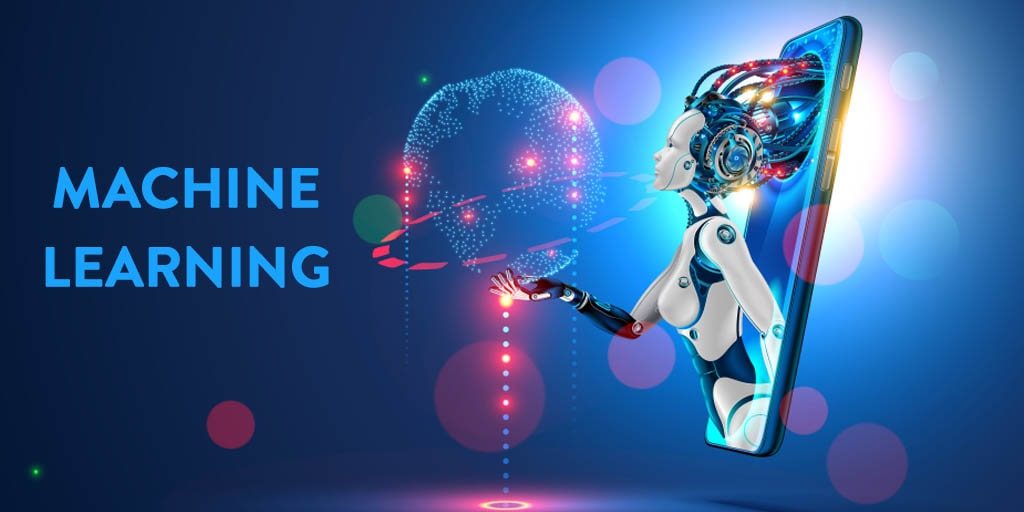Technology has fueled almost every aspect of our lives. E-commerce is no anomaly. Machine Learning is a part of artificial intelligence which has opened up numerous prospects for businesses to serve customers in a smarter way.
What is ML?

Machine Learning is about making machines learn things on their own without human intervention or any explicit coding, generally reducing the human effort to automate processes.
Machine Learning is based on an algorithm which is adapted to learn based on data already available. It disrupts the past equational model and enables machines to learn like humans, based on experiences.
Have you ever realized being notified about a product or service you have used in past?
Or
A suggestion list based on your past shopping experience on major e-marketplace?
If yes, then you already know about machine learning in simple terms.
Machine Learning can be applied to varied sectors of the economy. Every major sector of the economy involves big data. This data is to be analyzed once and results are to be utilized accordingly. Technology like Machine Learning speeds up processing and end results, ultimately boosting growth and increasing a reliable potential customer base.
E-commerce utilizes Machine Learning to analyze customer behavior in the online marketplace. It’s a technology with the ability to customize the shopping experience. Machine Learning empowers businesses and buyers by making the buyers’ needs more comprehensible for the seller.

The current state of Machine Learning in E-commerce
- Netflix always knows what you may like watching!
- Amazon always pops in with a bunch of shopping items!
- Ola and Uber always know where you are heading!
These are giant multinational firms which operate all over the globe. Their services and products are used by millions of us. How do they keep track of what’s on your mind as you log in?

Source: cbinsights.com
It’s the art of Machine Learning. In the present scenario most of the big firms, especially the C2C firms utilize this technology to derive patterns based on customer behavior from past data records. These patterns are then processed by machines to show you movies and series and options on Netflix based on past watch history. Or, dresses or accessories based on the past shopping experience.
The statistics released from Boston Consulting Group imply that retailers investing in customization of user experience attained peak benefits. The sales increased by 6-10% when compared to other retailers.

Accenture says that this technology has the potential to maximize growth by 60%(approximately) in the retail and wholesale industry by 2035.
Probably, a lot of businesses out there may be wondering as to how and where to begin?
In 2016, a major breakthrough event occurred when the AI was democratized. It was no longer a toy of Amazon, Netflix, Google or Facebook. Everyone could afford it and thus everyone had the power to grow.
Currently, businesses lack skill and vision to implement AI. In the United states 2017 the number of experts required for Machine learning, AI and data analysis was skimpy. There were around 150 million workers but only 15% of them were skilled enough to be occupied for expert roles.
Due to the lack of equipped workforce, 80% of the data available is left unutilized. Only 1% of it is put into use. (IBM)
This gap is to be filled up in 2020 to upgrade businesses.
5-Use cases of Machine learning in E-Commerce
Machine learning has driven growth in many sectors. Retail is one of the most significant segments where AI has made an impact in the past few years.

Image Credit: Mckinsey & Company
Case 1: Amazon
Automating processes in day to day services has been a landmark success. The simplest example to understand this is none other than Amazon. Their machine learning approach can broadly be classified into marketing and merchandising.
Marketing Analytics
1. Customer behaviour Analysis:
Amazon has AI-enabled systems which automatically sense the customer’s purchase behaviour. This is followed by product recommendations which automatically makes the buyer feel personally served. It also involves smartly guessing when, how and what kind of offers will be entertained at different point of time.
2. Recognising potential buyers:
The technology also enables identifying repetitive buyers and long term customers. Offers at this end are customized in a different manner.
Merchandising Analytics
1. Inventory/Demand Prediction:
This involves continuous evaluation of how much stock is available and maintaining the supply chain management accordingly.
2. Pricing without loss:
Analyzing how much price drop can be offered without compromising the profit share is also an important part of the process.
3. Viability of Promotions
Periodic evaluation of the success of multiple promotions’ effectiveness is also a crucial task. This helps in designing new promotion plans and marketing strategy based on success rates of past plans.
4. Maximizing ROI
Maximizing ROI requires correctly analyzing effective marketing expenditure. Data analysis and machine learning technology make this easier and effective.
Case 2: Use Cases of AI/Machine learning at Netflix
1. Customizing Movie Recommendations:
This is like someone continuously analyzing your taste and serving your food accordingly. Netflix has this feature of analyzing user’s past watch history and based on that it has the next recommendations. This keeps the user engaged in continuing their subscription.
2. Generating Thumbnails Which Make You Click:
Netflix has this strategy based on what makes a user click. It may be a thumbnail from a movie or series. Or, an actor or actress who may make the audience interested. These are based on an analysis of what has worked previously based on the number of clicks.
3. Improving Streaming Quality At Peak Time:
Using the past records Netflix analyses which is going to be the best time to cache regional servers for highest quality streaming.
4. Deciding the pre-production location:
Using data perfect timing and location are chosen to start the production of any movie or series. This also involves availability of other resources including actors and many more.
5. Post -Production Rectification:
Once everything is done finally editing involves checking syncing of subtitles with sound and many intricacies. Based on data derived from past about when things didn’t work out checks and edits are made. In the absence of past records and machine learning, this would have been an uphill task.
Blue Whale Apps has expertise to help you with your next E-commerce project “Does not hurt getting a free consultation!”
Blue Whale Apps has experts delivering technology to boost your business growth. A strong foothold of innovation and professional approach makes us viable in the global market. At Blue whale, you get unparalleled technical support. Blue Whale Apps is a Machine Learning Consulting company, experienced in applying AI and Machine Learning to business problems.
We encode machines in your office with a technology gene in their DNA. This makes them empowered to incorporate growth in your business. We are expert in eCommerce consulting services to increase sales for your online business.
Our job is to transform data into a valuable asset to drive capture higher revenues, minimize risks and optimize operational capability.






